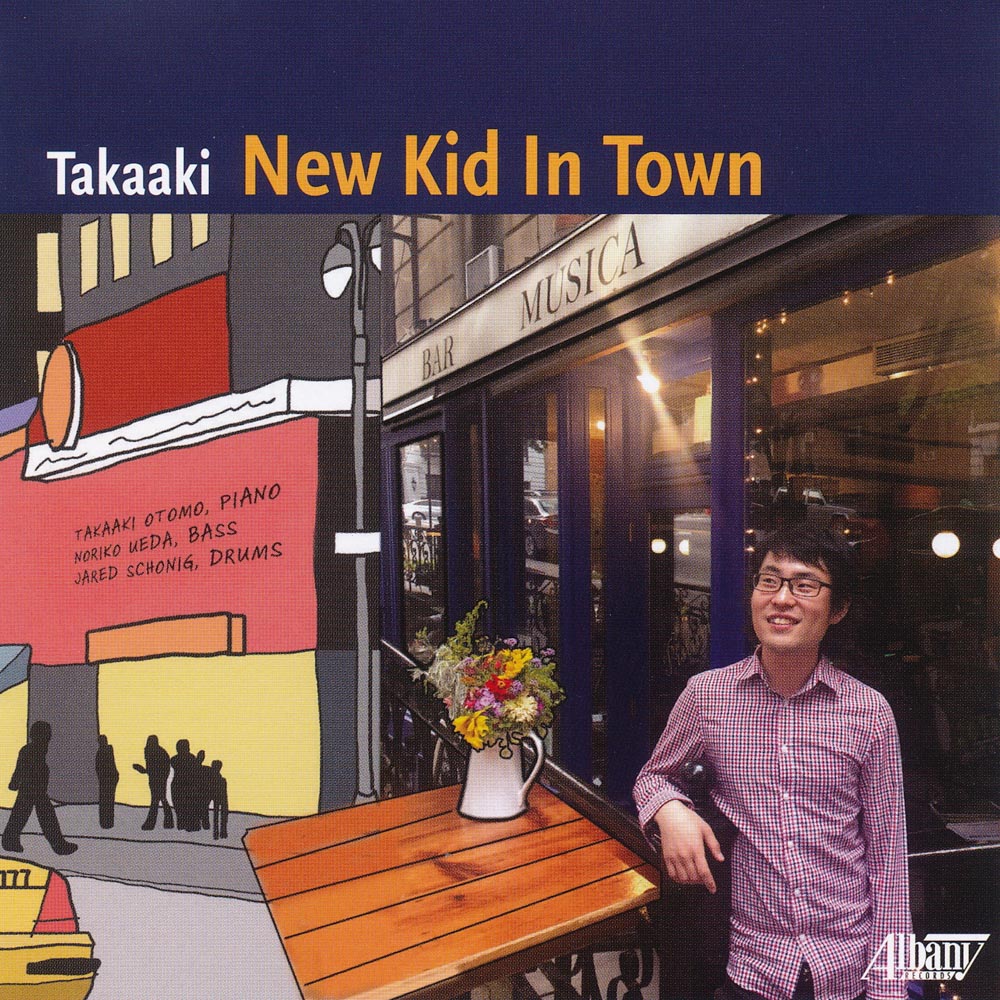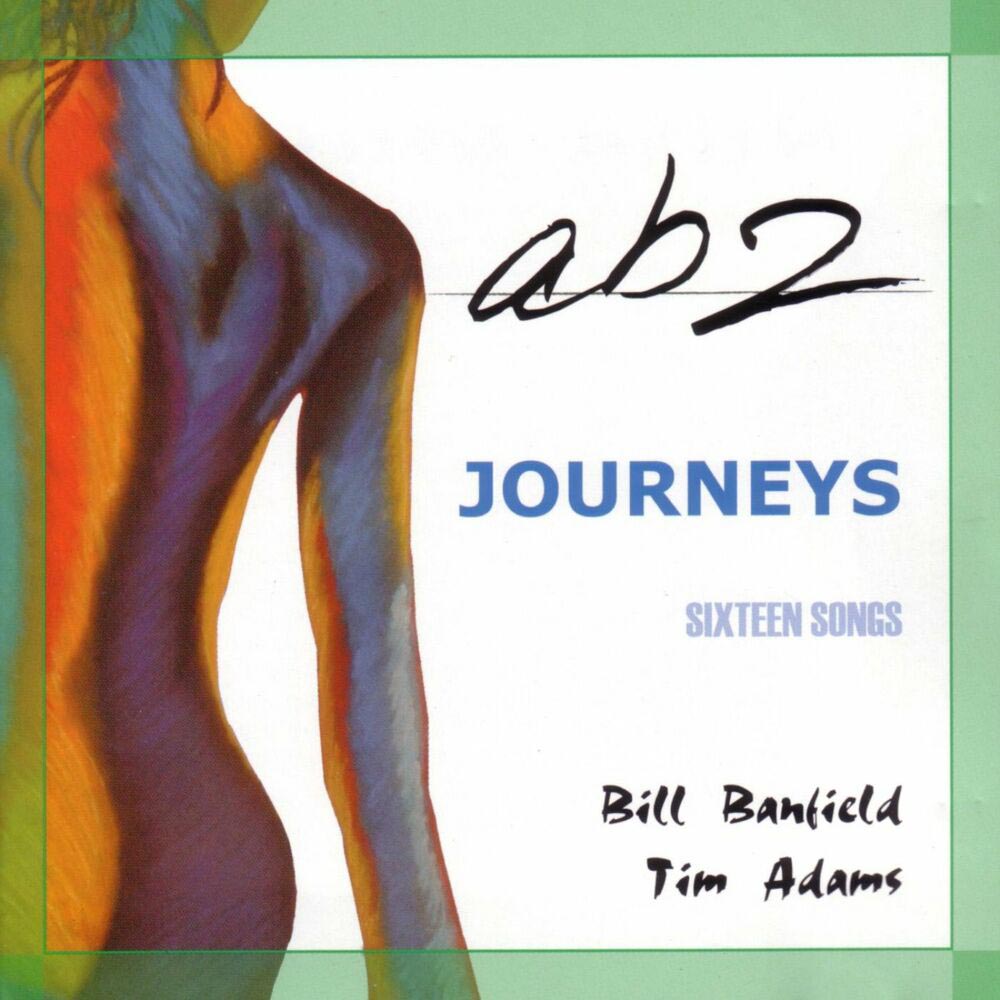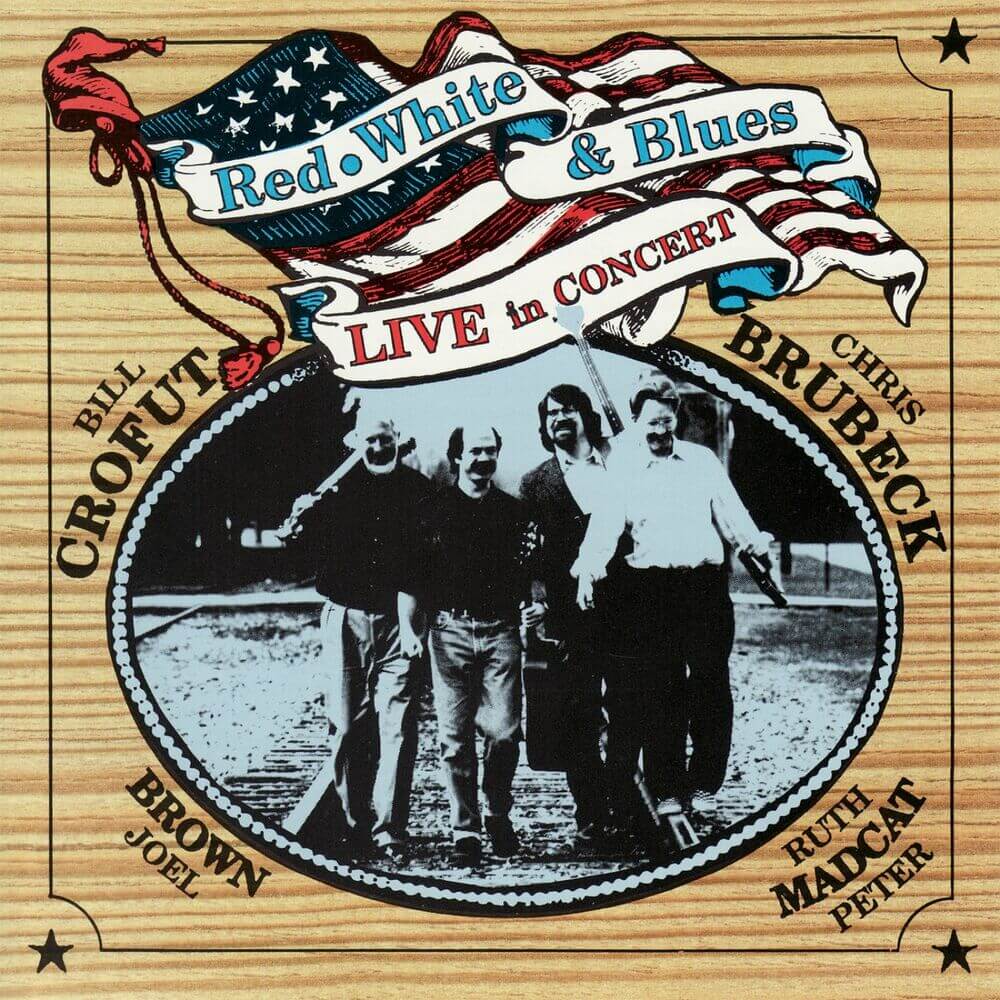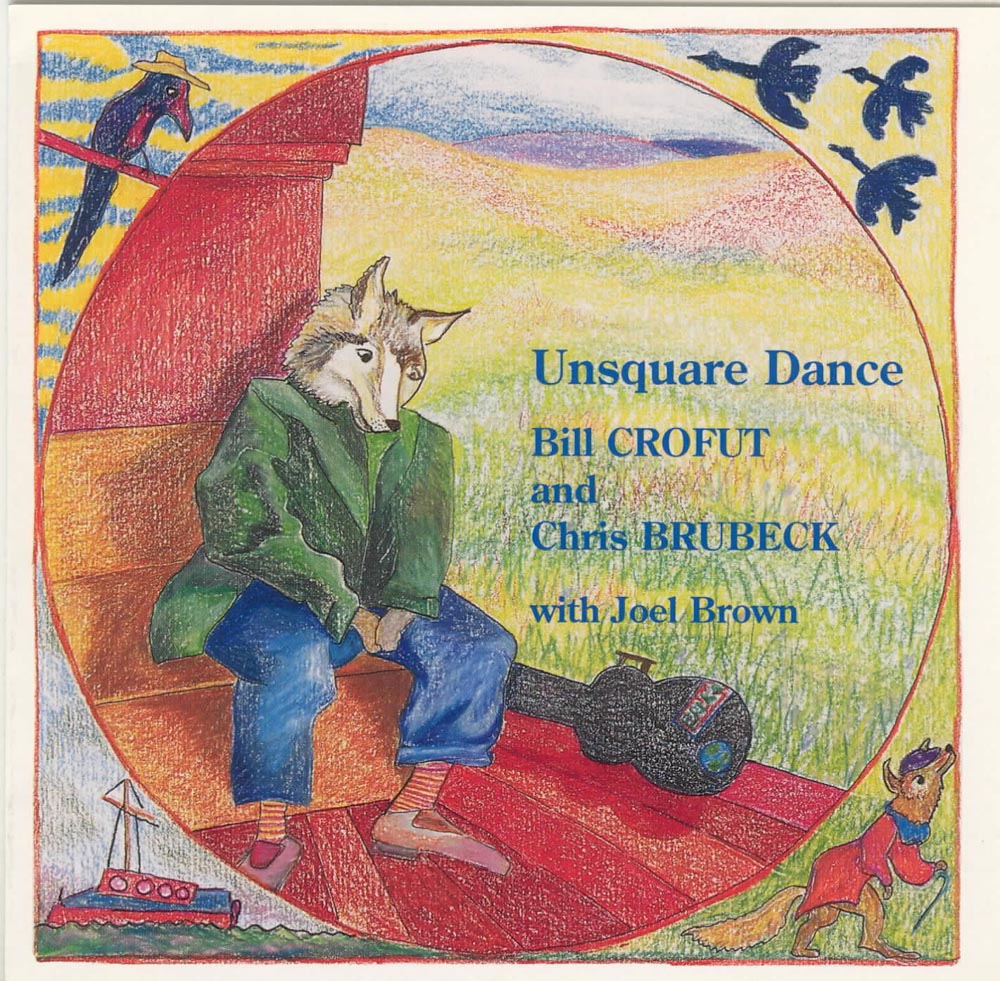Catalog #: TROY1689
Release Date: November 1, 2017JazzComposer Bernard Hoffer first heard jazz pianist Takaaki Otomo at a restaurant in New York and was impressed by his musicality, dynamic sensitivity, and beautiful harmonic sense. With bass player Noriko Ueda and drummer Jared Schonig, Takaaki selected five originals, four jazz standards plus one Broadway show tune and two novelties from Gustav Holst's The Planets for this recording. Beginning his training as a classical pianist Takaaki switched to jazz when he was a teenager and won first prize in a jazz competition in Japan in 2007. He moved to New York City in 2014. Originally from Japan Noriko Ueda began playing the electric bass, then switching to upright bass at age 18. She is a graduation of the Berklee College of Music where she majored in jazz composition. She has her own trio and quartet and has performed at the Blue Note Jazz Club. She won the Charlie Parker Jazz Composition Prize in 2002. Hailing from Los Angeles, drummer Jared Schonig studied at Eastman where he won seven Downbeat Student Music Awards. A favorite among vocalists, Schonig tours with Grammy Award-winners Kurt Ellling and The New York Voices. He is in demand as a drummer for studio recordings and session work.
Catalog #: TROY0793
Release Date: September 1, 2005JazzTim Adams and Bill Banfield write, "This project was for us, two musician friends, a chance to make music together in the most organic way. Our first work was a collaboration with Bill composing a percussion concerto for Tim to play with the Indianapolis Symphony in 1996. But music with no boundaries, playing ideas based on initial reactions to what we heard, that seemed like music headed in the right direction. The other thing was the relationship of the various percussion instruments with the guitar. Here, percussion has a role equal to a solo voice, used thematically as well as harmonically. The guitar acts equally as harmonic, thematic and rhythmic accompaniment for the drums. This is interactive music. The conception of this recording was that we would base the music on the impulse of the percussion ideas, just like a master drummer informs an ensemble... By listening to this CD we hope you are able to stretch and listen to this music in some non-traditional ways and be able to enjoy the music, the creative process, the friendship and joy of making music as we do." You'll no doubt recognize William Banfield not only from his solo albums but from his symphonic works performed and recorded by many labels over the years. Tim Adams is heralded as one of the most dynamic and versatile percussionists today. He is professor of percussion at Carnegie-Mellon University and a member of the Pittsburgh Symphony Orchestra.
Catalog #: TROY0128
Release Date: November 1, 1994JazzWhat you will hear on this disc is not just the usual energetic, celebratory retrospective of traditional jazz we have come to expect from Narvin Kimball and his friends from the Preservation Hall Jazz Band. This is also, and most importantly, the feature debut of Narvin Kimball, an 85 year-old phenomenon on banjo and voice, who graciously guides us through some highlights of the American songbook. Converted from his high school ukulele to the banjo, Kimball began his professional career paying his dues and refining his craft aboard the now legendary paddle-wheel steamers - "showboats" really - that traveled the Mississippi from New Orleans to St. Paul for the Streckfus riverboat line. "If you had an opportunity to play on the steamers it was like having a post-graduate degree in music," Narvin recounts. This brings us to his teacher, the formidable bandleader, disciplinarian and calliope player with the wonderful name, Fate Marable. The under appreciated and underrecorded Marable was apparently a genius at transforming talented but untutored, and sometimes ungovernable, New Orleans' musicians into disciplined players who were taught not only to read music but were also forced to learn the varied repertoire needed to please the varied audiences - both white and black - that were drawn to this itinerant music. This recording is much more the music of the river than of the city. It's a sampler of musical Americana, jazz-inflected and - make no mistake - New Orleans style.
Catalog #: TROY0085
Release Date: December 1, 1992Jazz“We like to sing about what we would like to be, and we must sing about what we are. The songs of a culture speak for themselves. That is what this recording is all about – the contrasting sides of our national character as reflected in our diverse musical heritage. More importantly, it is in part a look at today’s America through yesterday’s songs.,” so say Bill Crofut and Chris Brubeck in the notes for this recording of folk and popular songs. The surprise on this recording is the Jew’s harp playing of Peter Madcat Ruth. Crofut and Brubeck continue: “As you will hear, Madcat’s musical gifts are apparent throughout this recorded concert. His technique, his “time,” his soulfulness, and his taste are superior. We also must explain why the audience is laughing so hysterically not only at Madcat’s lead vocal and ridiculous traditional lyrics but also at his harp solo on Old Joe Clark. Every sound you hear in his solo after the second verse is made only by Madcat. There are no overdubs and somehow he does the following, in sequence, punctuated by the crowd’s amazed outbursts: chugs along on the harp and adds a duck call to the corner of his mouth plus various vocal hoots; replaces the duck call with a siren whistle; whips out a toothbrush and brushes on the microphone for one bar; pounds his chest in rhythm with a plastic hammer toy; squeaks a rubber frog; fits a party favor into each corner of his mouth and in alternating quarter notes blows them while still flying on the harp; breaks into a polyrhythmic “hootin” frenzy while lifting a bass harmonica to play with his nostrils; and plays the melody while the audience sits in stunned anticipation of God knows what might come next!”
Catalog #: TROY0050
Release Date: February 1, 1991JazzBill Crofut who died in 1999 wrote notes for this recording that was done in 1991: "Some years back a dear friend commented that there was a danger in middle age of relying on past accomplishments, and thus becoming a parody of a younger self. Sing the same song too often and for too long and it turns on itself and becomes a mockery. It's a hard truth. I had passed that age of 50 when we all take stock. I yearned to take something on that I'd never done before. I first took on Bach. That meant making banjo transcriptions, inventing a finger picking technique to suit the style and finding an appropriate sound by using mutes. It took five years, the results of which can be heard in the three selections included here...This recording is the result of years of listening, loving and being moved by music, words and those who turn them into wonder. It is the Unsquare Dance of three friends with totally different musical backgrounds who came together to see what might come out, and we had a wonderful time."
Catalog

©2024 Albany Records. All rights reserved. | Privacy Policy | Website by PARMA Creative.




